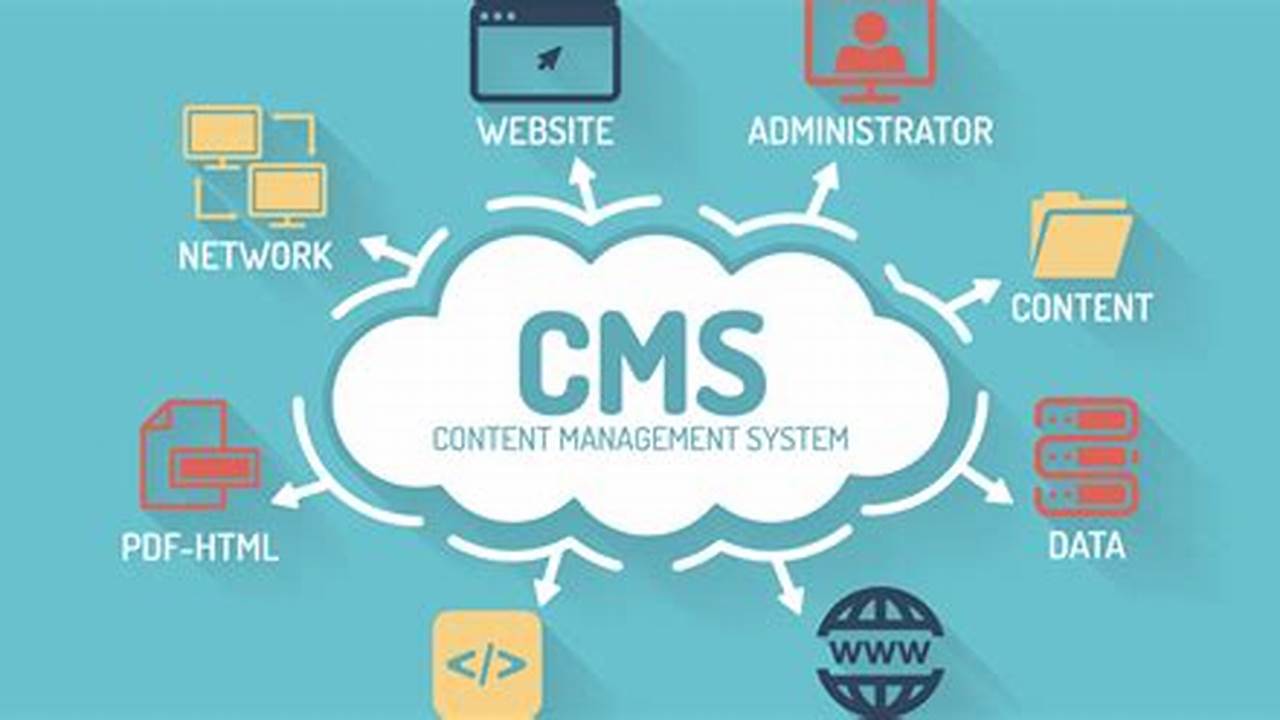Selecting the right content management system (CMS) is crucial for establishing a successful online presence in 2024. A robust CMS empowers users to create, manage, and modify website content efficiently, without requiring extensive technical expertise. Choosing an open-source platform offers additional advantages, including cost-effectiveness, flexibility, and a vibrant community for support and development.
Scalability
A suitable platform should accommodate growth, handling increased traffic and content volume seamlessly.
Security
Robust security features are essential to protect against vulnerabilities and data breaches.
SEO Friendliness
Built-in SEO tools and optimization capabilities are vital for achieving higher search engine rankings.
User Experience (UX)
An intuitive interface simplifies content creation and management for all users, regardless of technical skill.
Extensibility
Support for plugins, extensions, and themes allows for customization and added functionality.
Community Support
Active communities provide valuable resources, assistance, and ongoing development.
Mobile Responsiveness
Content should display correctly and attractively on all devices, including smartphones and tablets.
Performance
Fast loading speeds and efficient resource utilization are critical for user satisfaction and search engine optimization.
Multilingual Support
The ability to create content in multiple languages expands reach and accessibility.
Accessibility
Adherence to accessibility standards ensures inclusivity for users with disabilities.
Tips for Selecting a CMS
Evaluate Content Needs: Thoroughly analyze content requirements to choose a platform that aligns with specific goals.
Consider Technical Expertise: Select a CMS that matches the technical skills of the team responsible for managing the website.
Test Drive Different Platforms: Take advantage of demos and trials to explore various options and identify the best fit.
Research Community and Support: A strong community and readily available support resources are invaluable for troubleshooting and ongoing development.
Frequently Asked Questions
What is an open-source CMS?
An open-source CMS is a freely available platform with publicly accessible source code, allowing users to modify and distribute it.
Why choose an open-source CMS over a proprietary one?
Open-source CMS platforms offer greater flexibility, cost-effectiveness, and community support compared to proprietary options.
How often should a CMS be updated?
Regular updates are crucial for security, performance, and access to new features. Updates should be applied as they become available, following best practices for testing and backups.
What are some popular open-source CMS platforms?
Popular choices include WordPress, Drupal, Joomla!, and others, each offering unique features and capabilities.
Is technical expertise required to use an open-source CMS?
While some technical knowledge is beneficial, many open-source CMS platforms offer user-friendly interfaces and resources that make them accessible to users with varying levels of technical expertise.
How can I ensure the security of my open-source CMS?
Regular updates, strong passwords, reliable hosting, and security plugins are essential for maintaining a secure website.
Choosing the right CMS is a foundational step in building a successful online presence. By carefully considering the factors outlined above and selecting a platform that aligns with specific needs and goals, users can empower themselves to create and manage engaging, effective online content.



